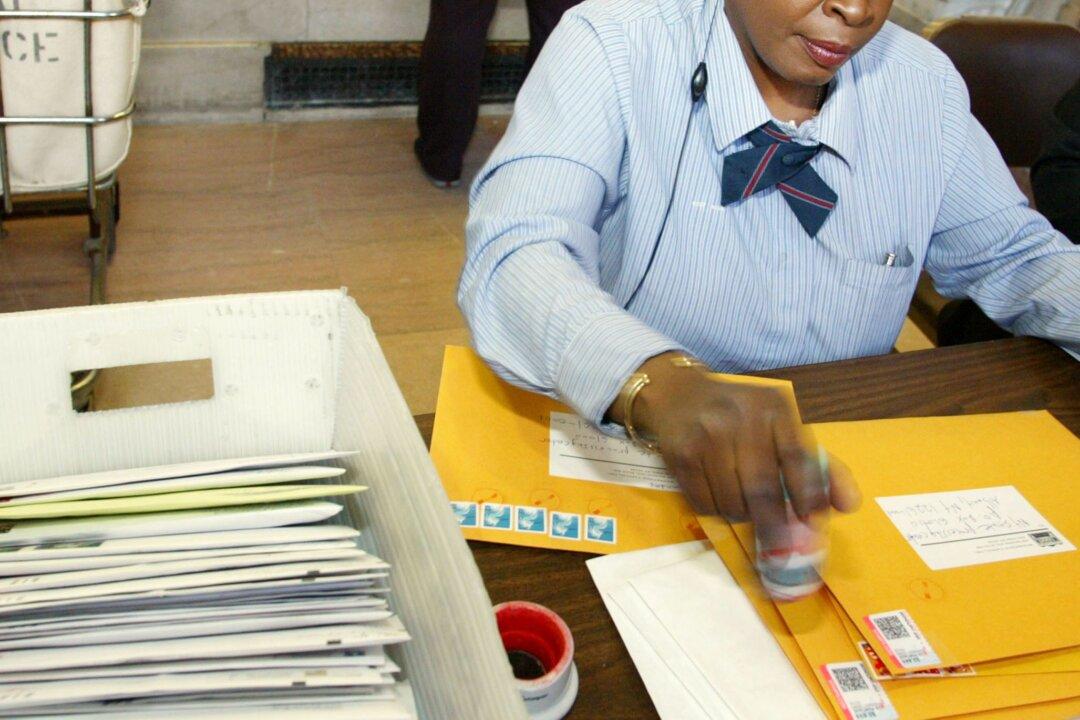The Internal Revenue Service (IRS) confirmed that it is currently sending collection notices to Americans after a two-year pause, while officials warn that people who receive those letters shouldn’t ignore them.
In late 2023, the agency said that it would resume sending the letters starting in January 2024. They’re not audit requests, the IRS has said, but they are known as an “LT38 Notice,” which is an update to remind taxpayers about their outstanding balance and options to resolve the debt to the federal government.





